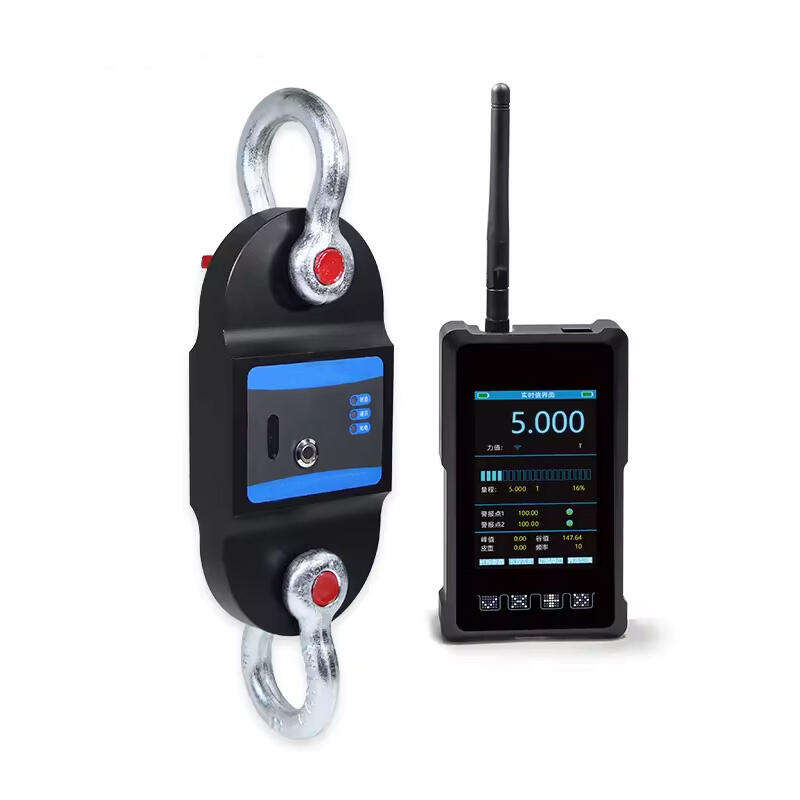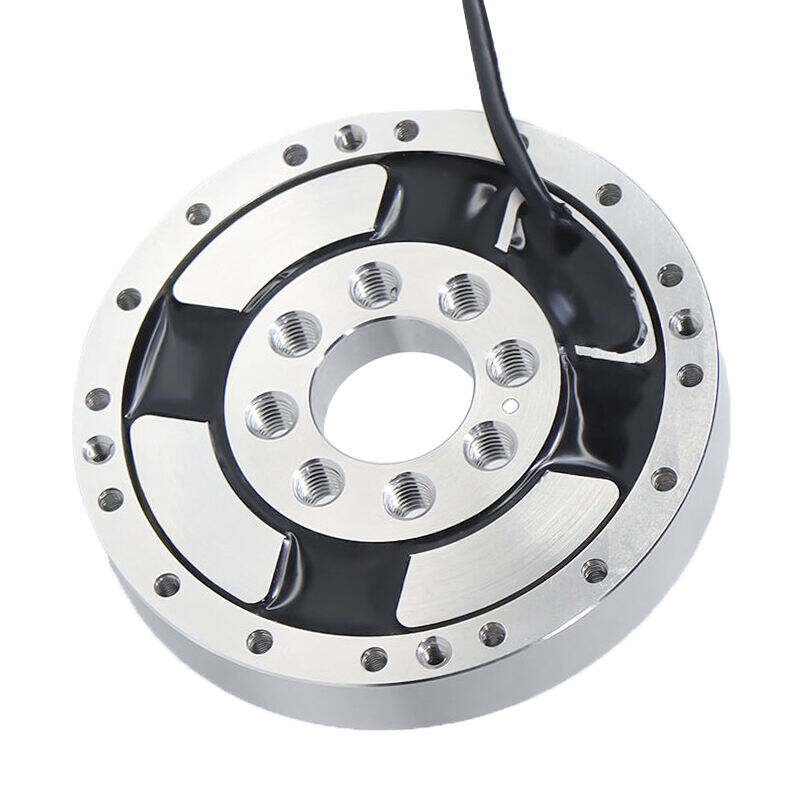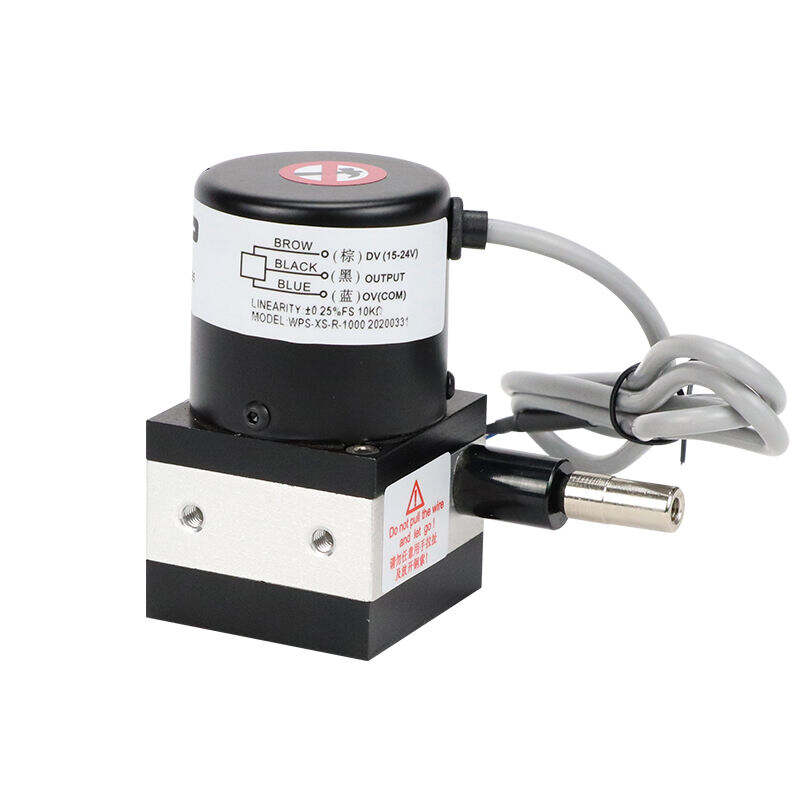Weighing machine sensor
A weighing machine sensor is a sophisticated electronic component that forms the core of modern weighing systems. These precision instruments utilize advanced strain gauge technology to convert mechanical force into measurable electrical signals. The sensor operates through a carefully engineered system of load cells that detect and measure weight by responding to the pressure or force applied to them. When an object is placed on the weighing platform, the sensor experiences mechanical deformation, which is then translated into accurate digital readings through signal processing circuits. Modern weighing machine sensors incorporate temperature compensation mechanisms and error correction algorithms to ensure consistent accuracy across varying environmental conditions. These sensors are designed with multiple capacities, ranging from micro-measurements in laboratory settings to heavy industrial applications capable of measuring several tons. The technology encompasses various types, including single-point load cells, compression load cells, and tension load cells, each optimized for specific weighing scenarios. In industrial settings, these sensors often feature IP65 or higher protection ratings, making them resistant to dust and water ingress. They typically operate with high precision, offering resolution capabilities down to 0.01% of full scale, making them suitable for applications requiring extreme accuracy.


